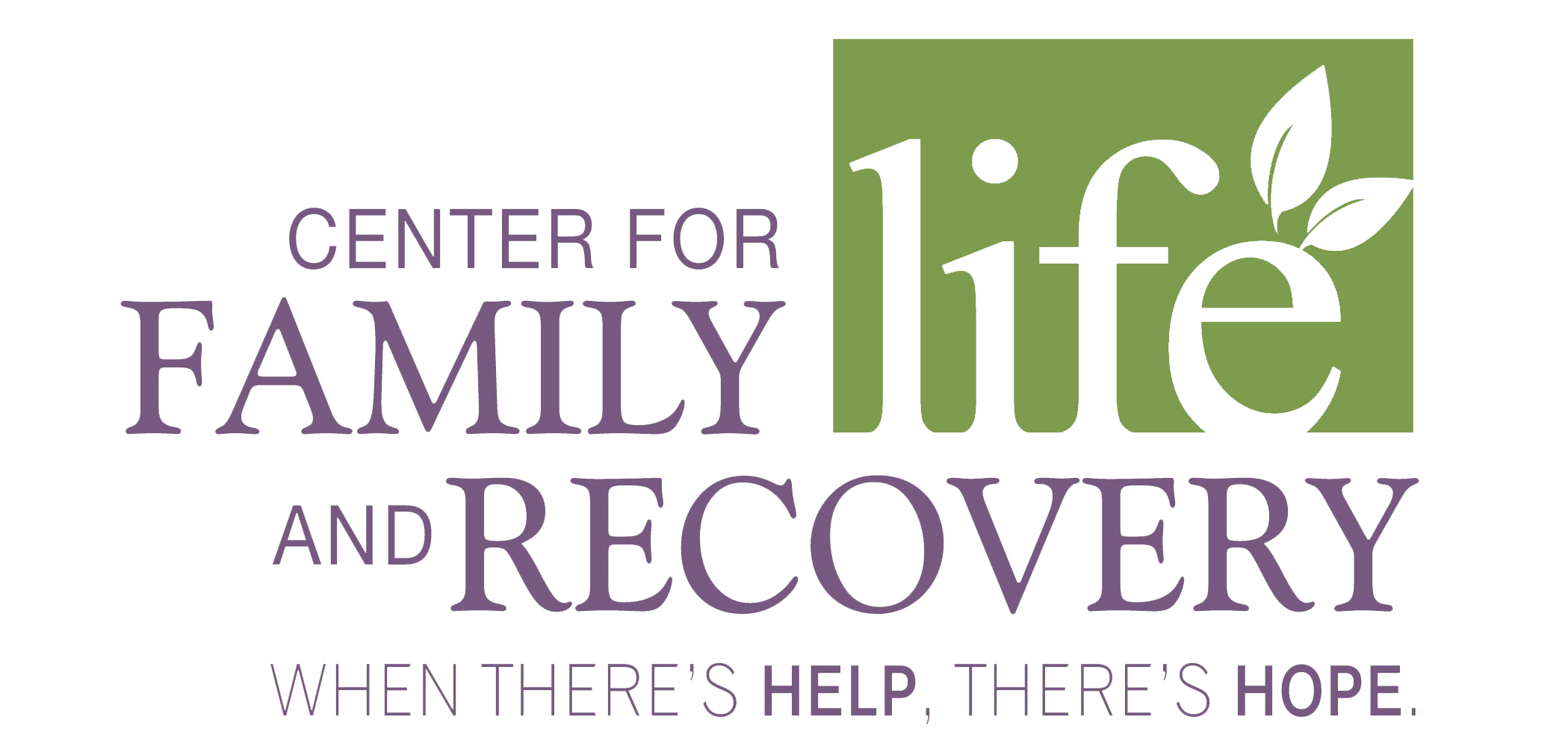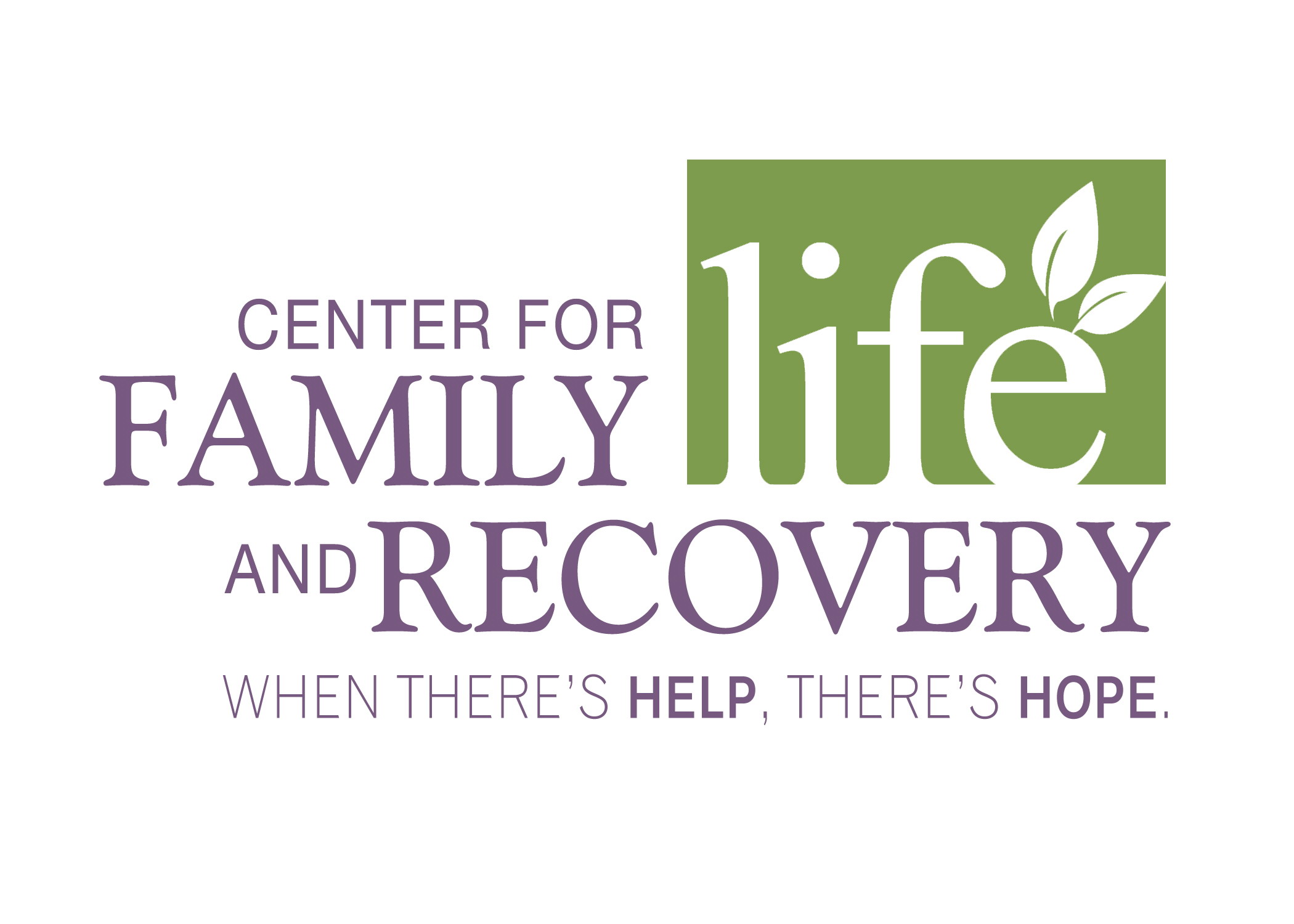
GOVENOR CUOMO LAUNCHES “COMBAT HEROIN” CAMPAIGN Campaign Features PSAs, Dedicated Website, and Social Media Awareness Efforts
Governor Andrew M. Cuomo today launched “Combat Heroin,” a campaign designed to inform and educate New Yorkers about the risks of heroin and prescription opioid use, the signs of addiction, and the resources available to help.
“Heroin and opioid addiction has impacted families in every corner of our state and stolen the lives of too many New Yorkers – but today we’re taking another step forward in the fight against this serious epidemic,” Governor Cuomo said. “The Combat Heroin campaign will get the word out about the dangers of this illegal drug use, as well as the treatment and support services that are available to those who need help. Just like this year’s new law that expanded access to treatment and anti-overdose medication, this campaign is comprehensive and designed to save lives. I urge anyone who knows someone in need of help to reach out today.”
Heroin and opioid abuse have become an alarming problem in communities across New York State and the nation. In 2013, there were 89,269 admissions for heroin and prescription opioid abuse treatment in New York State alone, an increase from 63,793 in 2004. During this same time period, New Yorkers ages 18 to 24 had the largest increase in such admissions. Nationally, nearly half a million people were reportedly abusing heroin or suffering from heroin dependence in 2012.
In June 2014, Governor Cuomo signed into law a legislative package to combat this epidemic. The package included insurance reforms, new models of care to divert people into community-based treatment and to support people after they have completed treatment, allowing parents to seek assessment of their children through the PINS diversion services, and expansion of opioid overdose training and increased availability to naloxone, a medication which reverses an opioid overdose.
A critical element of the legislative package requires the New York State Office of Alcoholism and Substance Abuse Services to develop and implement a public awareness and education campaign. The Office of Alcoholism and Substance Abuse Services, the NYS Department of Health, and the NYS Office of General Services’ Media Services Center have worked together to create a multifaceted media campaign which includes a new website that is easy to navigate and is targeted toward parents, adults, and young people who are seeking help and information concerning heroin and opioid abuse and misuse.
The website, which can be found at this link: http://combatheroin.ny.gov/, includes information about warning signs of heroin and opioid abuse and misuse, access to Office of Alcoholism and Substance Abuse Services treatment providers, and guidance to help parents talk to their children and healthcare professionals talk with their patients.
The campaign also includes four public service announcements and video messages, available on the above-linked website, from New Yorkers talking about the impact of heroin and other opioids on their lives.
Linda Ventura, founder of Thomas’ Hope and a Suffolk County mother who lost her son to a heroin overdose, said, “I am proud to have been part of the call for legislative change in NYS to help eradicate the opiate and heroin epidemic. Governor Cuomo’s campaign to address this insidious epidemic and to educate and direct families afflicted with this disease is welcomed and appreciated.”
Susan Salomone, co-founder of Drug Crisis in our Backyard and a Putnam County mother who lost her son to a heroin overdose, said, “This is the first step in stemming the tide of overdoses that are occurring in New York State. Thank you Governor Cuomo and the legislature for your acknowledgement of this as an epidemic, a disease, and your commitment to raise awareness of the critical nature of legal opiates and heroin.”
Cortney Lovell of Young People In Recovery – New York, said, “The Combat Heroin campaign is a wonderful example of what’s possible when the community recognizes a crisis, unites together to find a solution and then takes meaningful steps to make a change. With the support of Governor Cuomo, our legislators, and our state offices, this campaign will increase awareness of the invaluable resources available throughout New York State. I’m grateful to share in the message that not only is the disease of addiction prevalent, but that there is hope through recovery.”
Tatiana, a young person from New York City in long term recovery, said, “Heroin and Opiate-based narcotics almost took my life. Recovery is real and has given me true freedom. This campaign is a powerful tool that will create awareness and make a difference in the lives of the people suffering.”
Anne Constantino, CEO of Horizon Health Services/Horizon Village in Western New York, said, “The heroin epidemic in WNY has been devastating. We are grateful to the Governor for his leadership in the fight to educate the public and to bring resources and hope to struggling families. With aggressive actions we can save lives.”
Kevin M. Connally, Executive Director of Hope House Inc. in Albany, said, “Although heroin has been a problem for many years, the fact that today we are seeing teenagers who are using heroin and many are even injecting it, is extremely troubling. Use of heroin is affecting people of all ages, races and socioeconomic status. I applaud Governor Cuomo and his actions to combat the heroin epidemic.”
Outreach President Kathy Riddle said, “The opiate / heroin epidemic in New York State is ravishing our families, schools and communities. Education, intervention and treatment can save lives and prevent future innocent victims and devastated families. I applaud Governor Cuomo for his leadership to include a public awareness campaign to raise awareness on this issue.”
Bill Bowman, Executive Director of the Alcohol and Substance Abuse Council of Jefferson County, said, “We applaud the Governor’s decision to launch the Combat Heroin Public Awareness Campaign. Jefferson County, like most counties in New York State, is experiencing a severe heroin epidemic with an associated rise in drug arrests, increase in related crime, overdose calls to first responders, and overdose deaths. By bringing the reality this epidemic clearly in the eyes of New Yorkers, promoting prevention and how to access help, the Combat Heroin Campaign will surely save many lives.”
Jennifer Faringer, MS.Ed., CPPg, Director of DePaul’s National Council on Alcoholism and Drug Dependence-Rochester Area, said, “DePaul’s National Council on Alcoholism and Drug Dependence-Rochester Area fully enthusiastically supports the efforts of NYS OASAS and Governor Cuomo in their efforts to raise awareness around the risks of Opioids. Opioid abuse, stemming often from the misuse/abuse of prescription pain medications impacts the lives of NYS’s youth, their families and our communities! Working together in partnership we can make a difference in the lives of New Yorkers for a healthier and safer NYS!”
In addition to the Combat Heroin campaign, other initiatives being implemented include:
- SUNY and CUNY will promote the Combat Heroin campaign on college campuses and train campus police and emergency personnel on the use of naloxone.
- The 12 Office of Alcoholism and Substance Abuse Services Addiction Treatment Centers will continue to train New Yorkers on the use of naloxone. Addiction Treatment Center staff have already trained more than 3,200 people.
- Expand naloxone training for first responders including police officers, firefighters, sheriffs’ deputies and emergency services. Approximately 1,100 law enforcement officers have already received the life-saving training.
- Working with community providers to train persons throughout New York State likely to witness an overdose, including professional staff, drug users and their families on overdose prevention and the use of naloxone. To date, over 170 agencies have been enrolled, 15,000 persons trained, and in excess of 1,000 overdoses reversed.
- Create more prescription medication disposal sites across the state for New Yorker’s to safely dispose of prescription medications. Department of Health has established a statewide medication drop box program. Drop boxes are also available year round at State Police Troop Headquarters in Batavia, Unadilla, Canandaigua, Latham, East Farmingdale, Ray Brook, Oneida, Middletown and Salt Point.
People or families who need help with substance abuse can call the toll-free Office of Alcoholism and Substance Abuse Services HOPEline at 1-877-846-7369 to speak with a trained medical professional. HOPEline staff can answer questions and help people find treatment 24 hours a day, seven days a week. All calls are confidential. To help combat heroin and prescription opioid abuse and misuse, visit www.combatheroin.ny.gov (#CombatHeroin).
###


